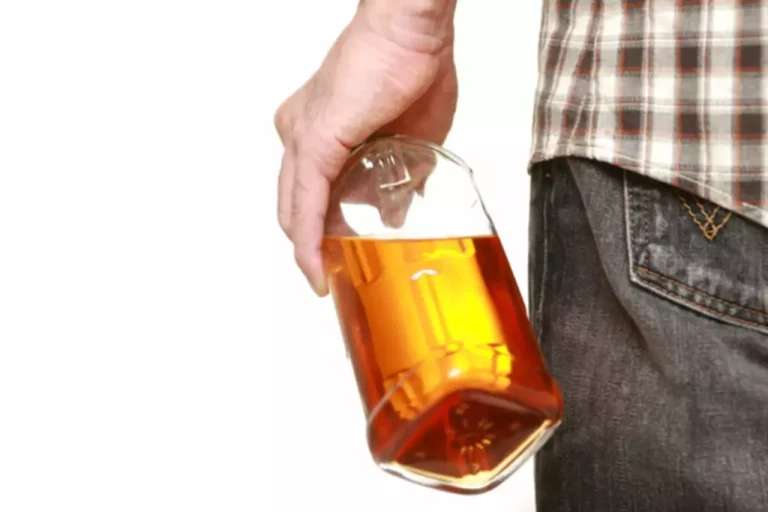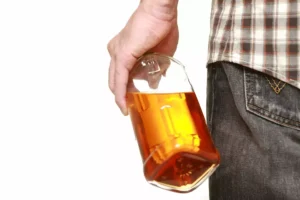
Ria Health is an innovative online alcohol addiction treatment program that can help you reduce your alcohol consumption or stop =https://ecosoberhouse.com/ drinking altogether. Our modern approach removes many of the barriers to seeking help and makes treatment more accessible. Ria is completely private and available from anywhere using the Ria app. Despite your best efforts to stay sober or reduce your alcohol consumption, it’s important to realize that anyone can return to misusing alcohol as a way to cope. Relapse happens, in part, because alcohol use disorder is a chronic condition.

How Many People Experience Alcohol Relapse?

Excessive drinking has numerous impacts on your body and mind, ranging from mild to severe. Learn which signs to look out for, and how to care for your well-being. Engaging in high-risk behaviors or situations, such as attending parties where substances are present, can trigger relapse. You can use sobriety savings to pay off debts, save for retirement, or invest in a healthier lifestyle. For those with addiction to harder drugs such as cocaine, opiates, and methamphetamines, it can mean saving thousands of dollars a year.

Cocaine Detox for Legends: Tailoring Treatment for High-Functioning Individuals
- Rather, it is a common and anticipated part of the recovery process, requiring ongoing support and strategies to manage and prevent future relapses.
- Alcohol addiction is a chronic condition that presents a lifelong challenge for those affected.
- The information we provide is not intended to be a substitute for professional medical advice, diagnosis or treatment.
- Regular participation in support groups like Alcoholics Anonymous (AA) has been shown to correlate with a 60% reduction in the risk of relapse, highlighting the effectiveness of peer support.
A clear plan Alcohol Use Disorder will give you a sense of control and boost your confidence in your ability to stay sober. Alcoholics Anonymous (AA) is one of the top sobriety programs in the United States. Different types of relapses exist, including short-term slips, lapses and longer-term relapses. Find a brighter tomorrow by starting with our compassionate team of medical professionals and recovery specialists today. Reconnect and heal families affected by addiction with therapeutic approaches and support groups.
- Social support plays a crucial role in preventing relapse among individuals recovering from alcohol use disorder.
- Even after you purge the excess alcohol from your system, certain feelings, thoughts, and events can trigger an urge to drink.
- By being proactive and building a strong support system, individuals can navigate through relapse triggers effectively and work towards long-term sobriety.
- As with anything, the more you work at it and the longer you work, the better you’ll be at avoiding a potential relapse.
- 25% of people in the United States with an alcohol use disorder have attributed their relapse to their own personal low motivation.
What Percentage Of Alcoholics Recover And Stay Sober?
Finally, it is important to be honest with yourself about your progress in recovery and seek professional help if necessary. Yes, medication-assisted treatment (MAT) can increase the likelihood of successful recovery by up to 50%. MAT involves using medications like naltrexone or acamprosate in conjunction with therapy and other forms of support. 77.5% of all Americans with an alcohol use disorder were able to recover from their problem on their own without help from outside treatment. 17.7% of all Americans with an alcohol use disorder will drink far less drinks per week once they’ve completed treatment.

When examining alcohol relapse statistics, understanding the prevalence of Alcohol Use Disorder (AUD) among different age groups is crucial. By analyzing the rates of AUD in adults and youth, as well as examining long-term recovery statistics, we can gain insight into the scope of this disorder and the challenges individuals face in maintaining sobriety. The duration of sobriety plays a significant role in predicting relapse rates among individuals battling alcohol use disorder. Studies indicate that over 30% of people who attempt to stop drinking relapse within their first year of sobriety. Among treated individuals, short-term remission rates vary between 20% and 50%, depending on the severity of the disorder and the criteria for remission. Moreover, patients who remain in treatment for extended periods, typically for 3 months or longer, are more likely to achieve significant Alcohol Relapse benefits, often serving as a predictor of a successful outcome 5.


